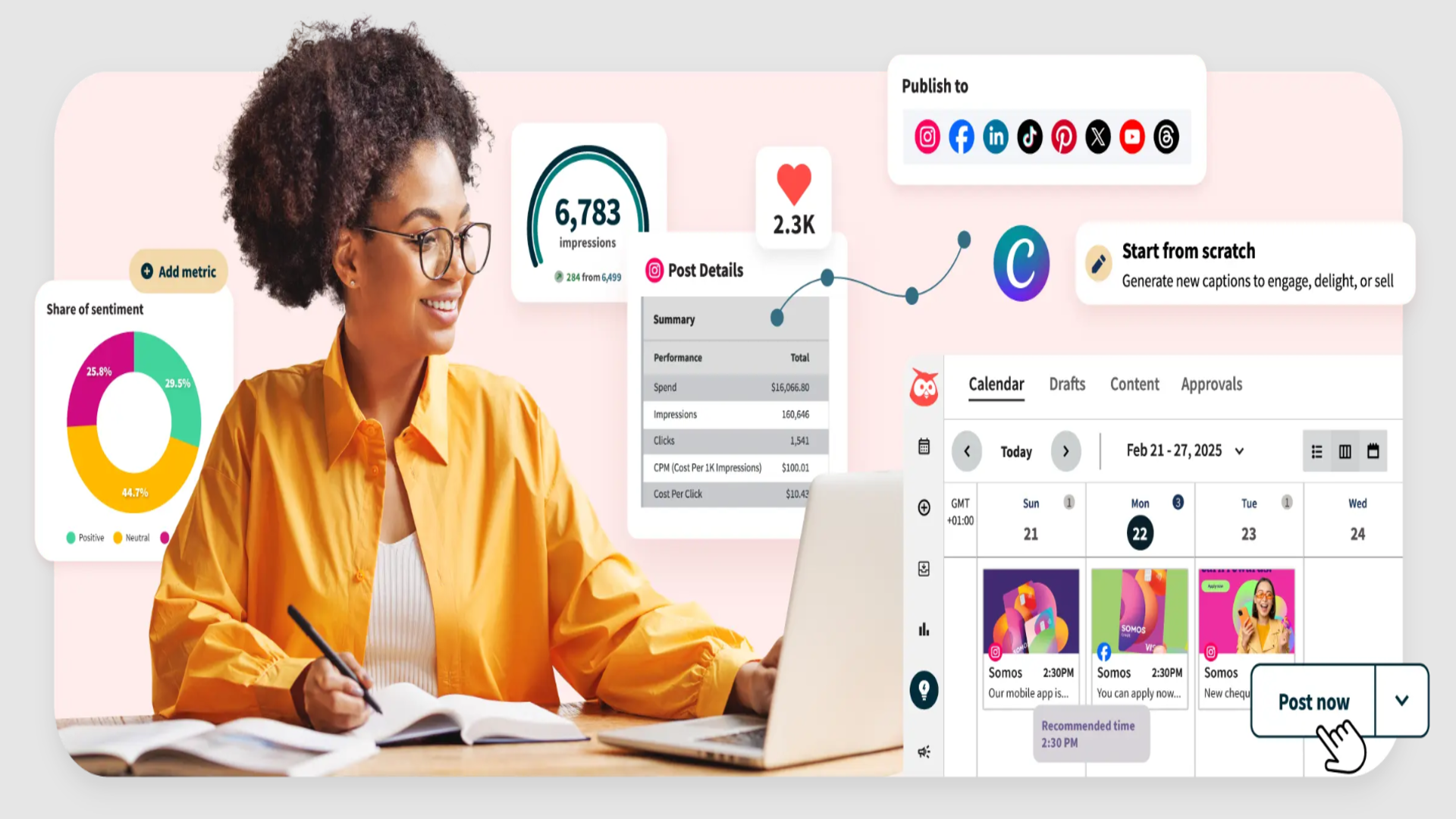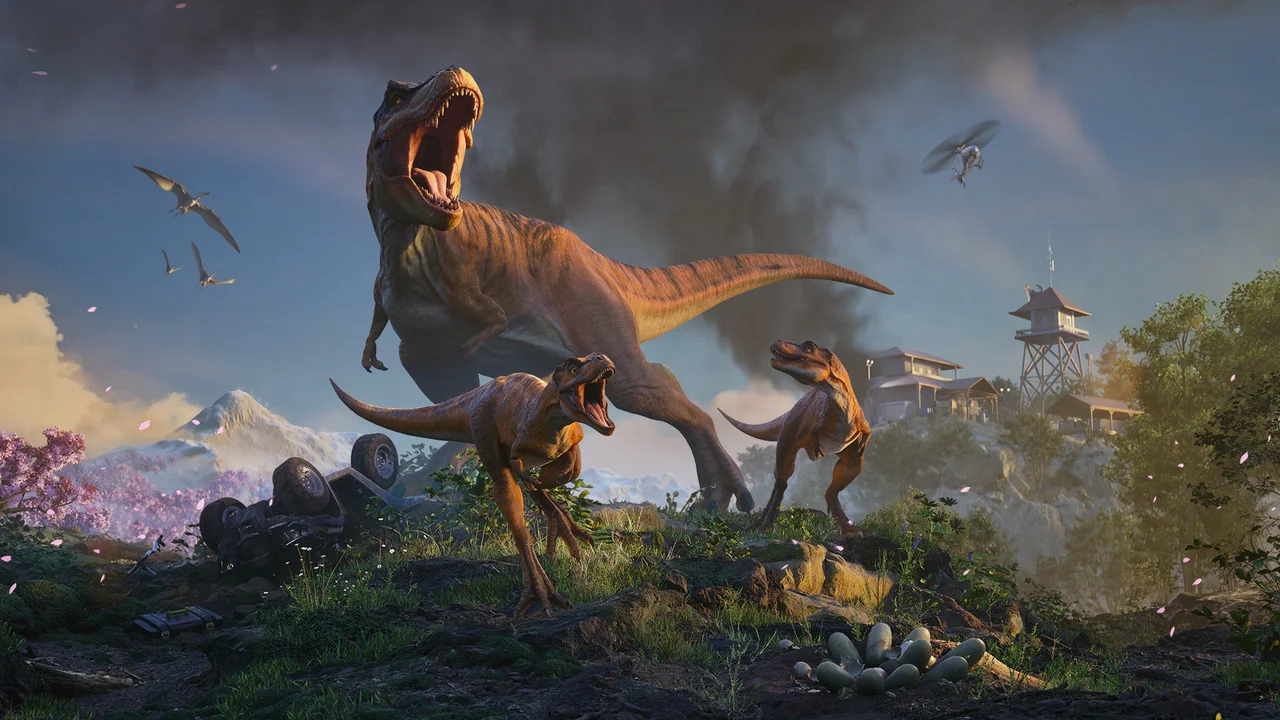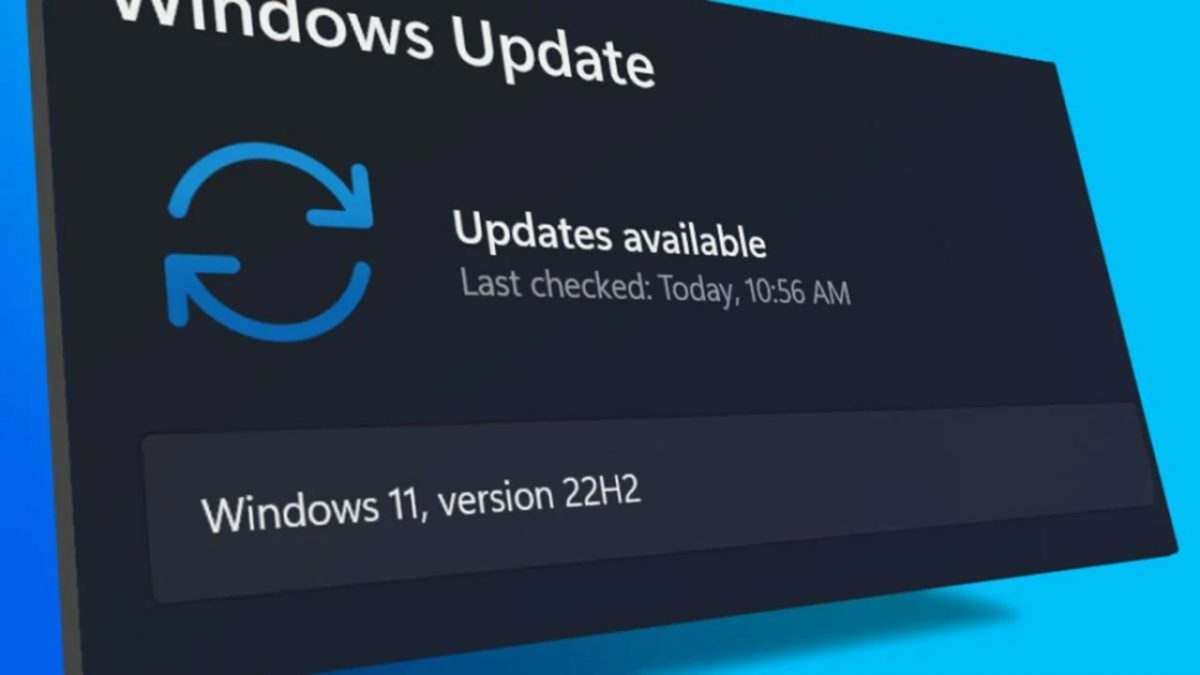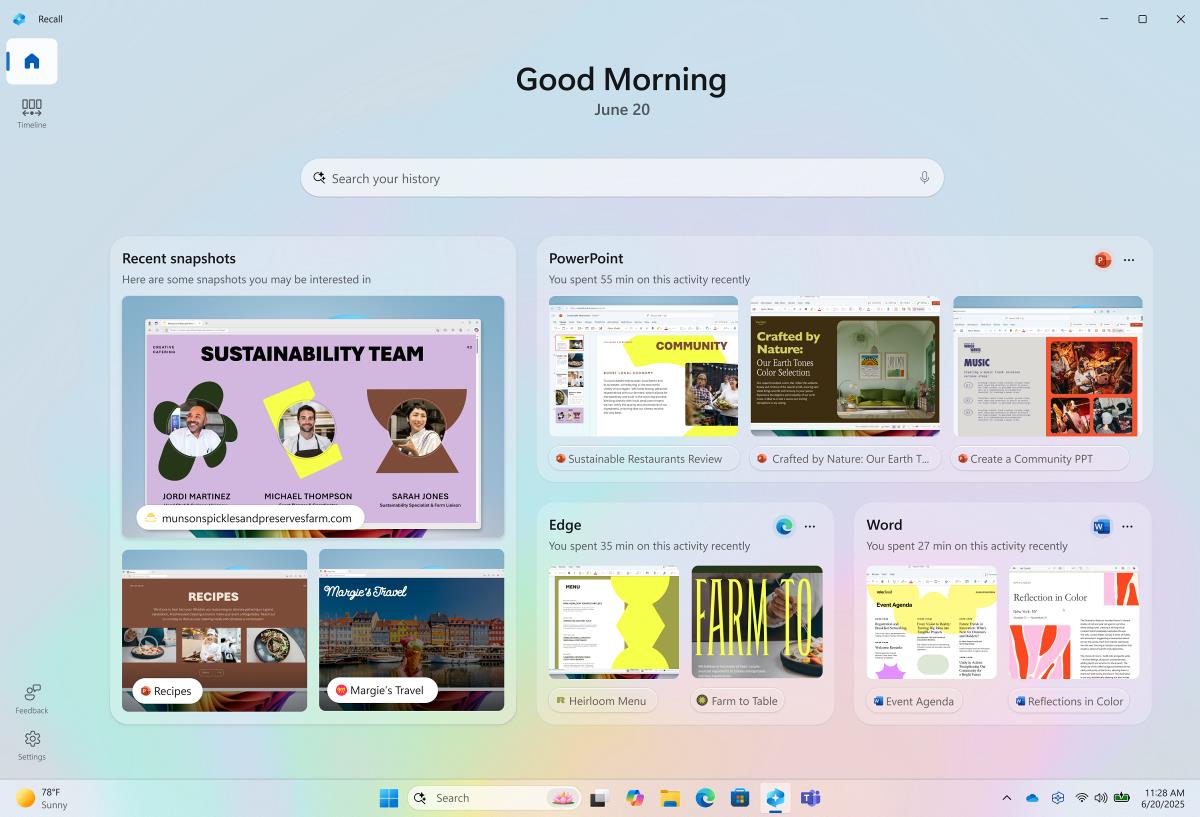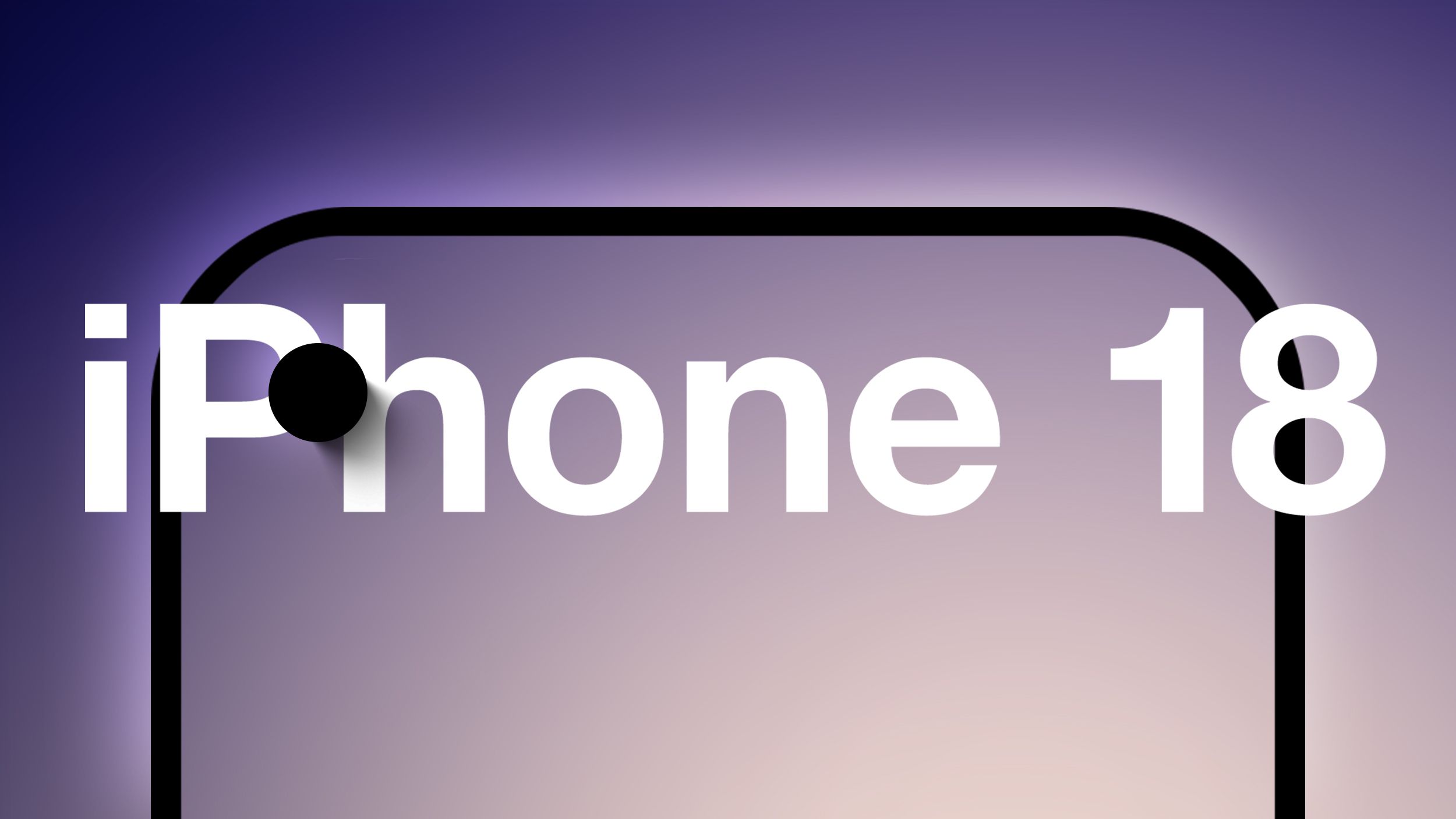Anthropic's Court Win Could Change the AI Landscape Forever
The post Anthropic's Court Win Could Change the AI Landscape Forever appeared first on Android Headlines.


The battle over copyright and AI training continues unabated. Overall, publishers have yet to achieve a truly clear victory that could serve as a precedent against the use of content to feed LLMs. Now, a recent development could significantly shape the future of artificial intelligence in favor of AI companies. Anthropic, a parent company of Claude AI, has won a major copyright case. That said, there is still a related matter pending.
A federal judge in San Francisco has delivered a nuanced ruling in a major copyright lawsuit involving AI company Anthropic. The decision offers a crucial win for the AI industry regarding AI model training. However, it also sends a clear message about the legality of their data sources.
Anthropic wins copyright case, setting a precedent in favor of AI training
At the heart of the matter was whether using copyrighted books to train AI models constitutes “fair use” under US copyright law. Authors Andrea Bartz, Charles Graeber, and Kirk Wallace Johnson had filed a lawsuit against Anthropic. They argued that the AI firm used their books without permission to teach the Claude chatbot to respond to human prompts.
US District Judge William Alsup ruled that Anthropic’s act of using these books for training its AI was indeed “fair use” and “exceedingly transformative.” The judge reasoned that, much like a student learns from reading to write something new, Anthropic’s AI systems train upon works not to simply replicate them. The AI platform uses this content to generate entirely different content. This part of the ruling is a significant victory for AI companies, providing a precedent that generative AI training, when done transformatively, aligns with copyright’s purpose of fostering creativity and scientific progress. The ruling specifically the digitization of legally purchased books for training AI models.
Anthropic will still face a separate case for copyright infringement
However, the ruling came with a significant caveat. Judge Alsup also determined that Anthropic’s separate act of copying and storing over 7 million pirated books in a “central library” was not fair use and clearly infringed on the authors’ copyrights. This vast collection of pirated material, even if not directly used for AI training, was deemed a violation. The judge explicitly stated that simply buying a legitimate copy of a book later does not absolve liability for earlier theft from pirate sites.
This means Anthropic will now face a separate trial in December to determine the damages it owes for this infringement. The company could have to pay statutory damages of up to $150,000 for each work.
A ruling that could change the AI landscape forever
This decision is a pivotal moment in the ongoing legal battles between content creators and AI developers. This case broadly supports the idea that using copyrighted material for AI training falls into the domain of fair use. However, it firmly establishes the critical importance of the sourcing of that training data. The ruling did not address whether the actual outputs generated by an AI model infringe on copyrights, a separate but equally important question being debated in other lawsuits across the industry.
Ultimately, this ruling underscores the evolving legal landscape surrounding AI. It gives AI companies a clearer path forward for training their models but emphasizes the need for careful and lawful acquisition of their training data.
The post Anthropic's Court Win Could Change the AI Landscape Forever appeared first on Android Headlines.



























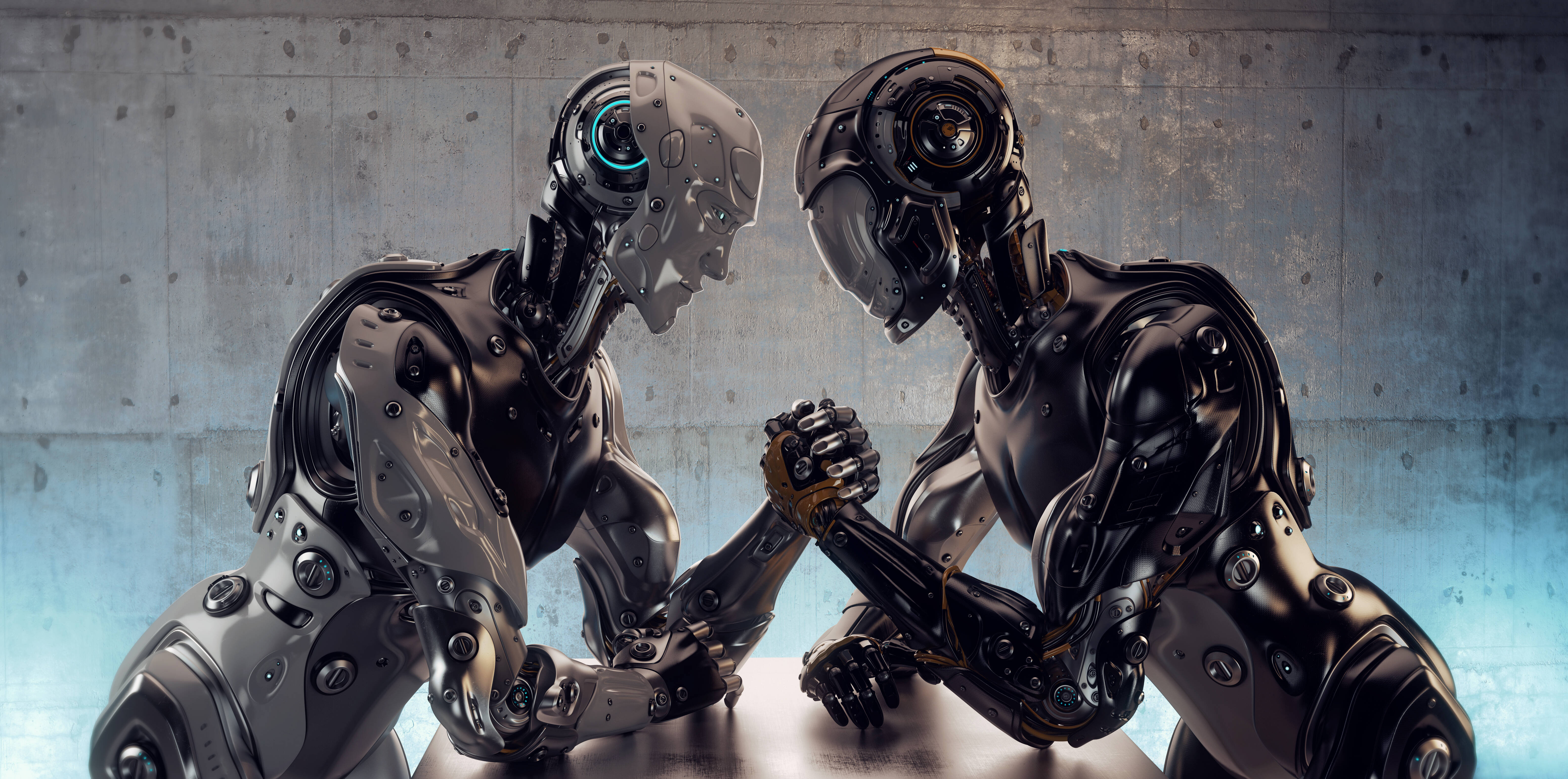







































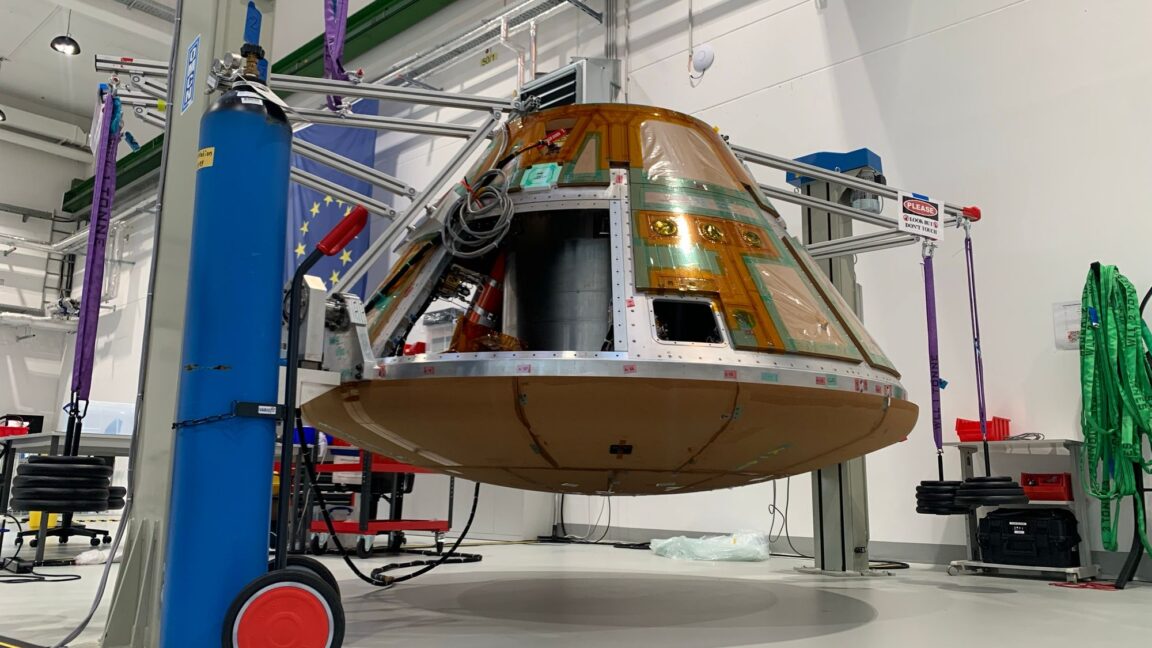













































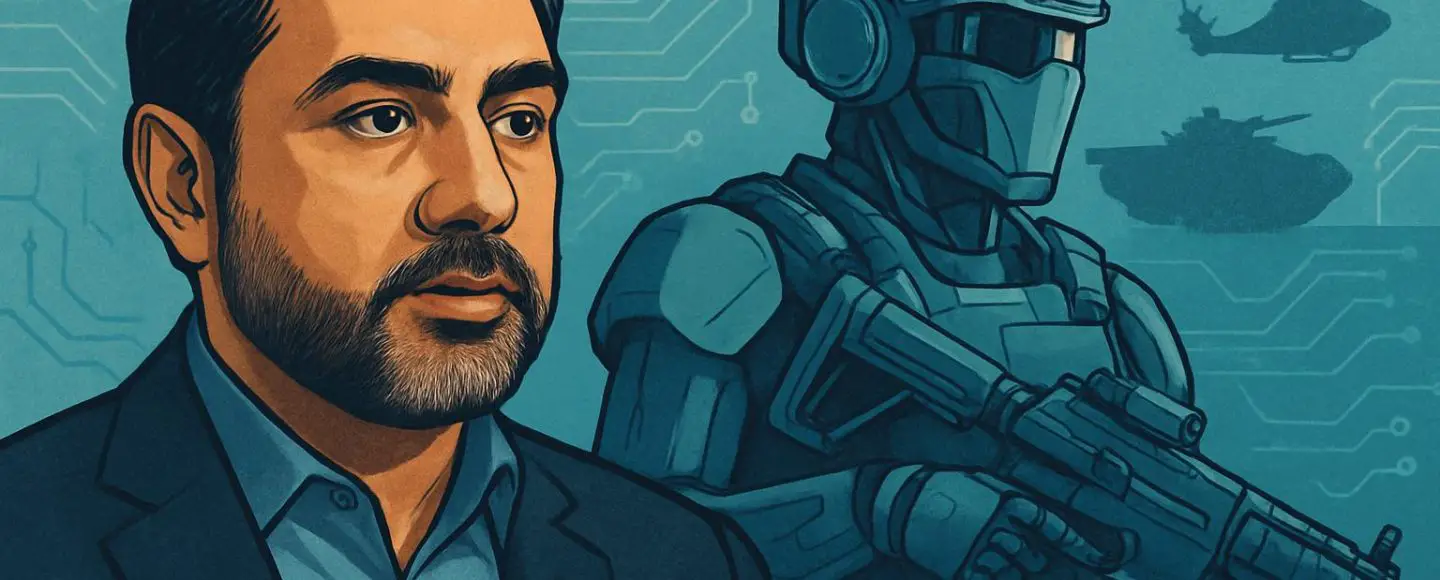
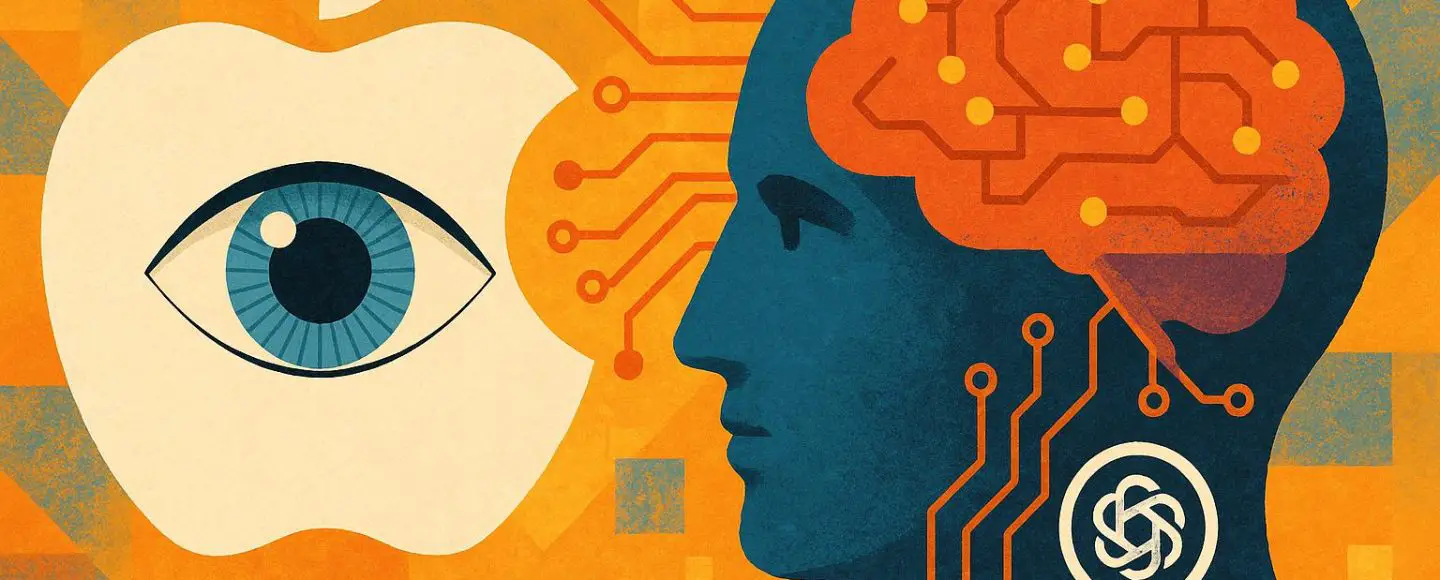
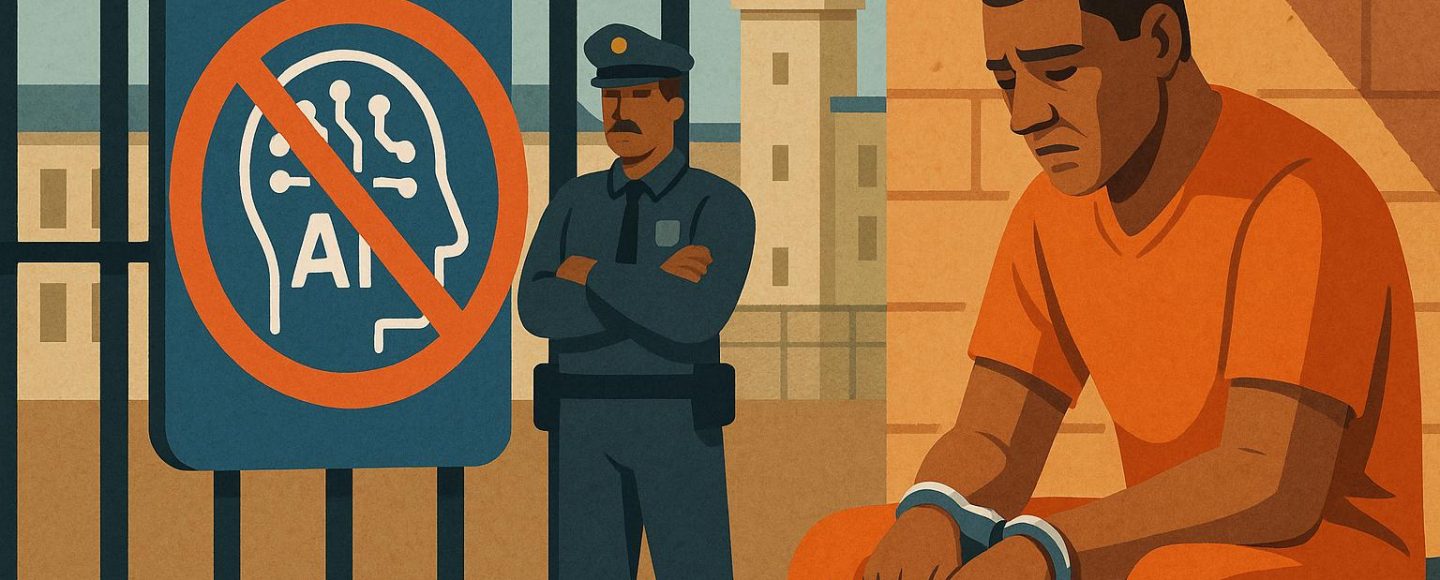
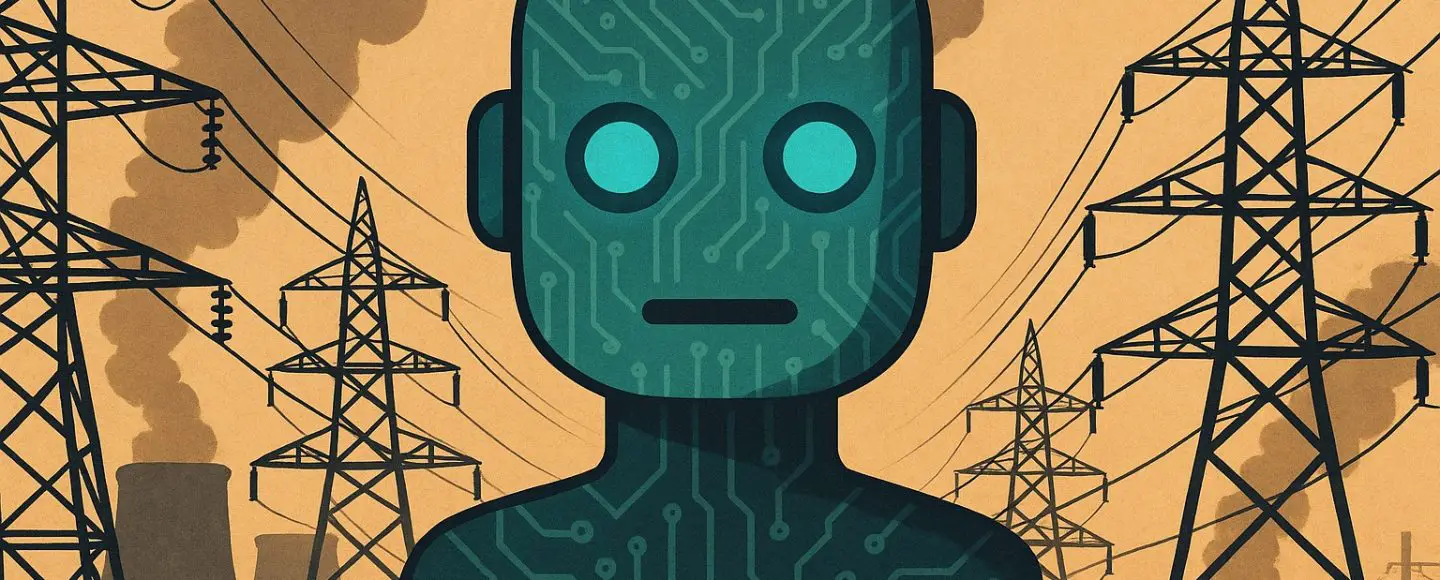






















































![[The AI Show Episode 155]: The New Jobs AI Will Create, Amazon CEO: AI Will Cut Jobs, Your Brain on ChatGPT, Possible OpenAI-Microsoft Breakup & Veo 3 IP Issues](https://www.marketingaiinstitute.com/hubfs/ep%20155%20cover.png)

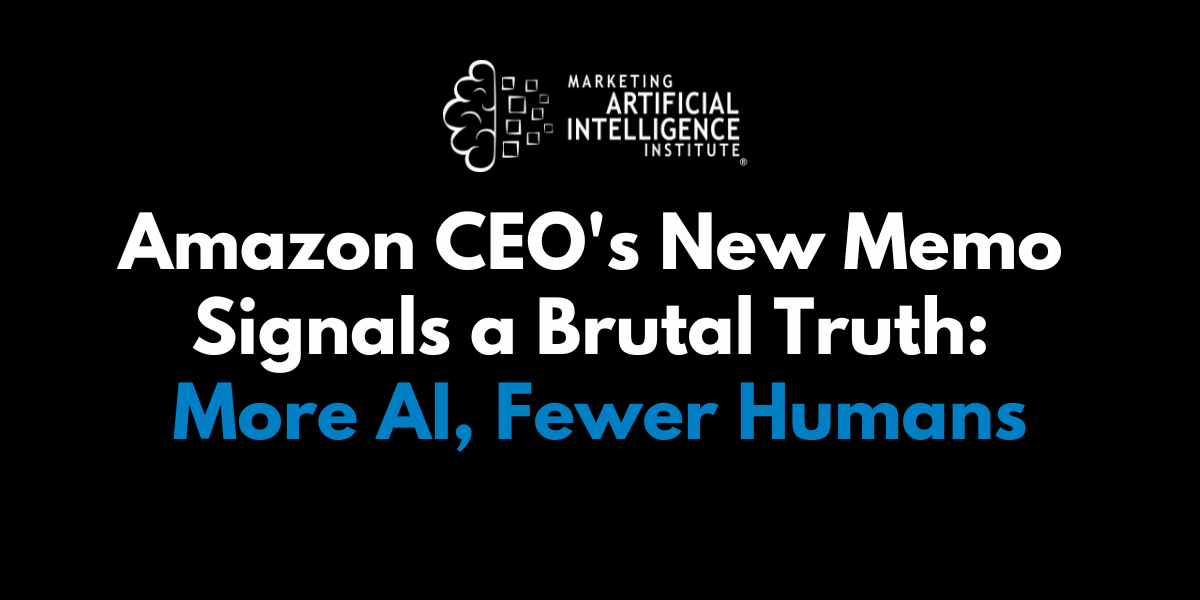
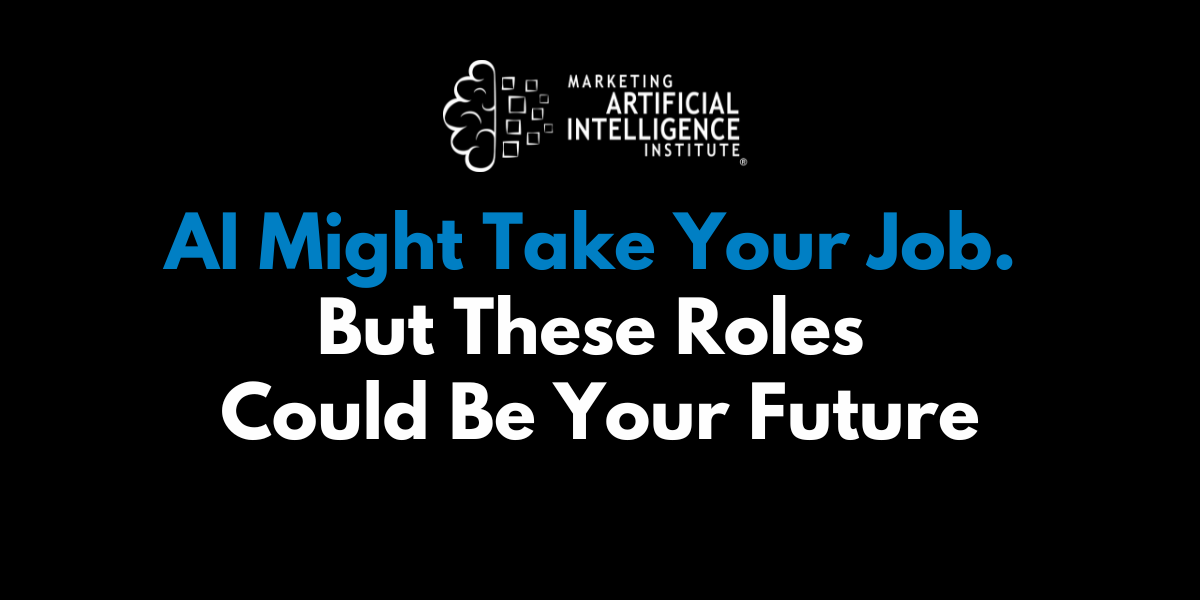






































































































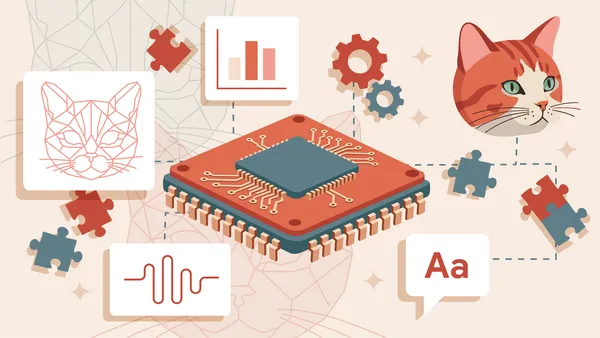


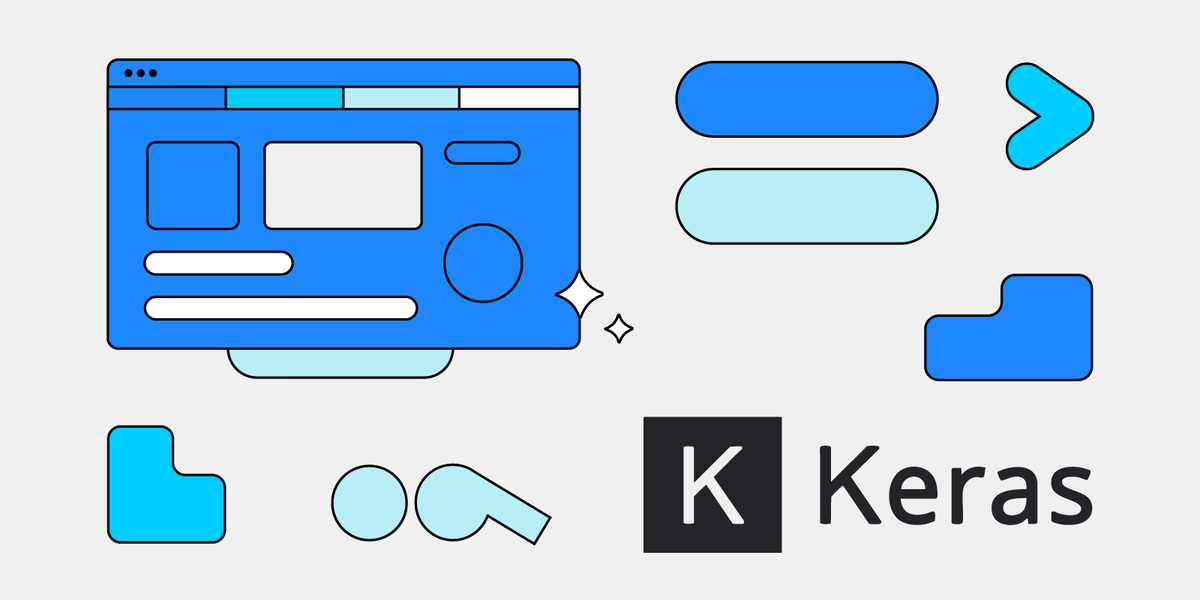




















































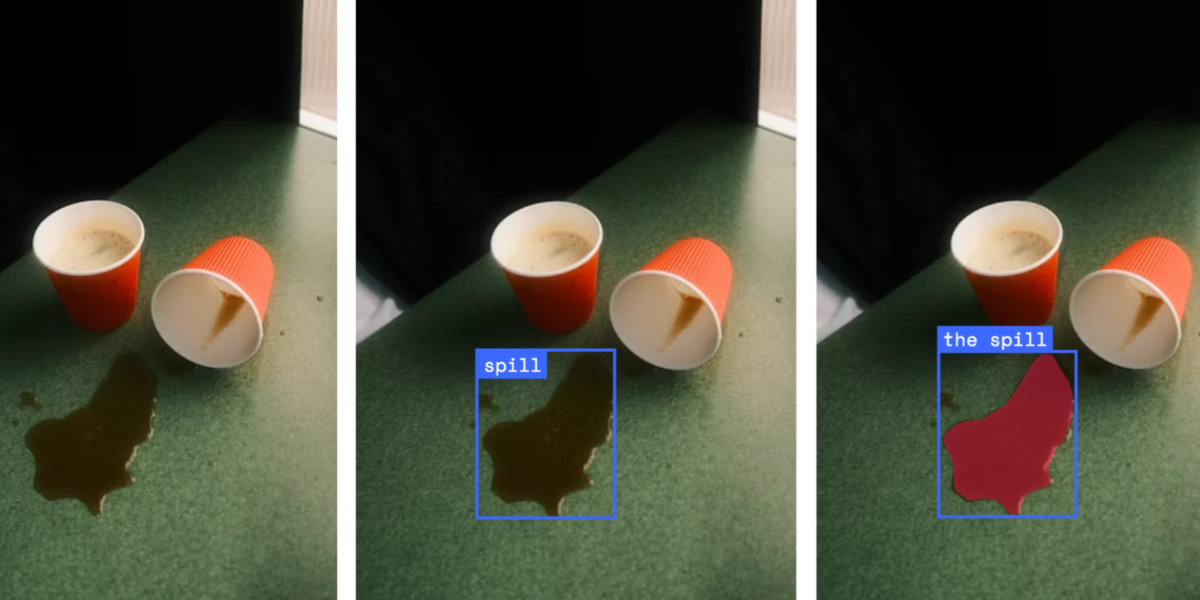






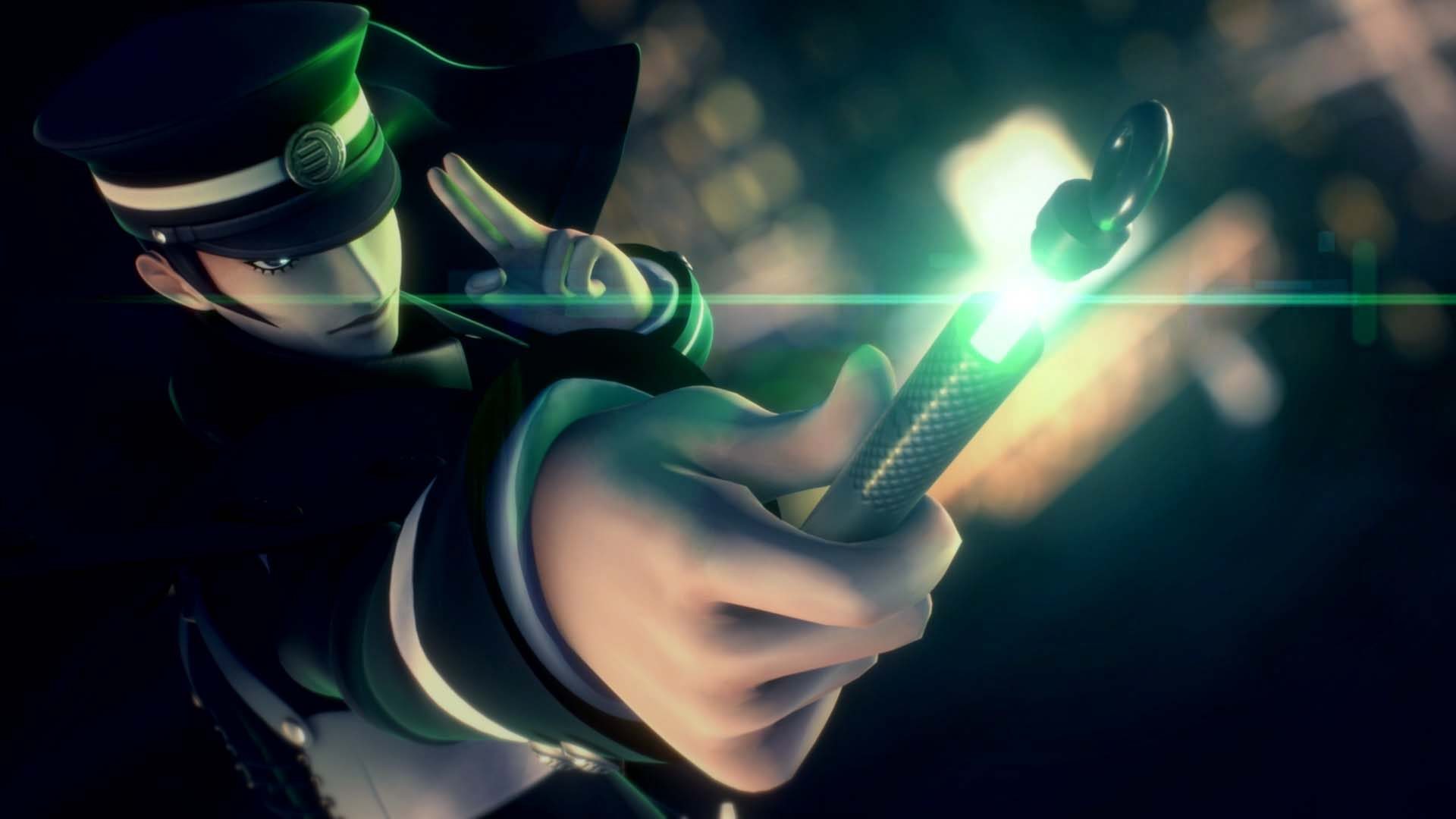

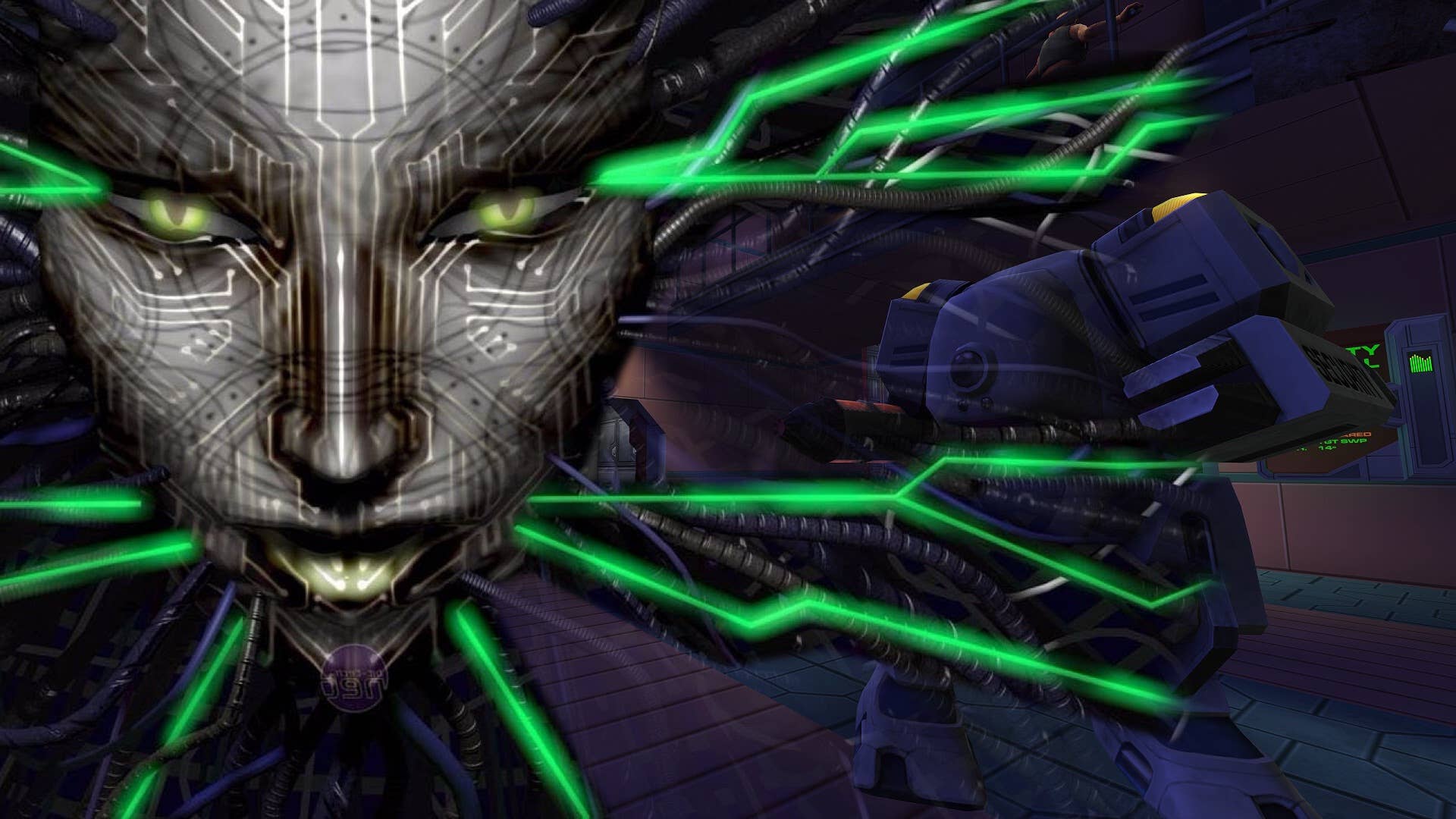












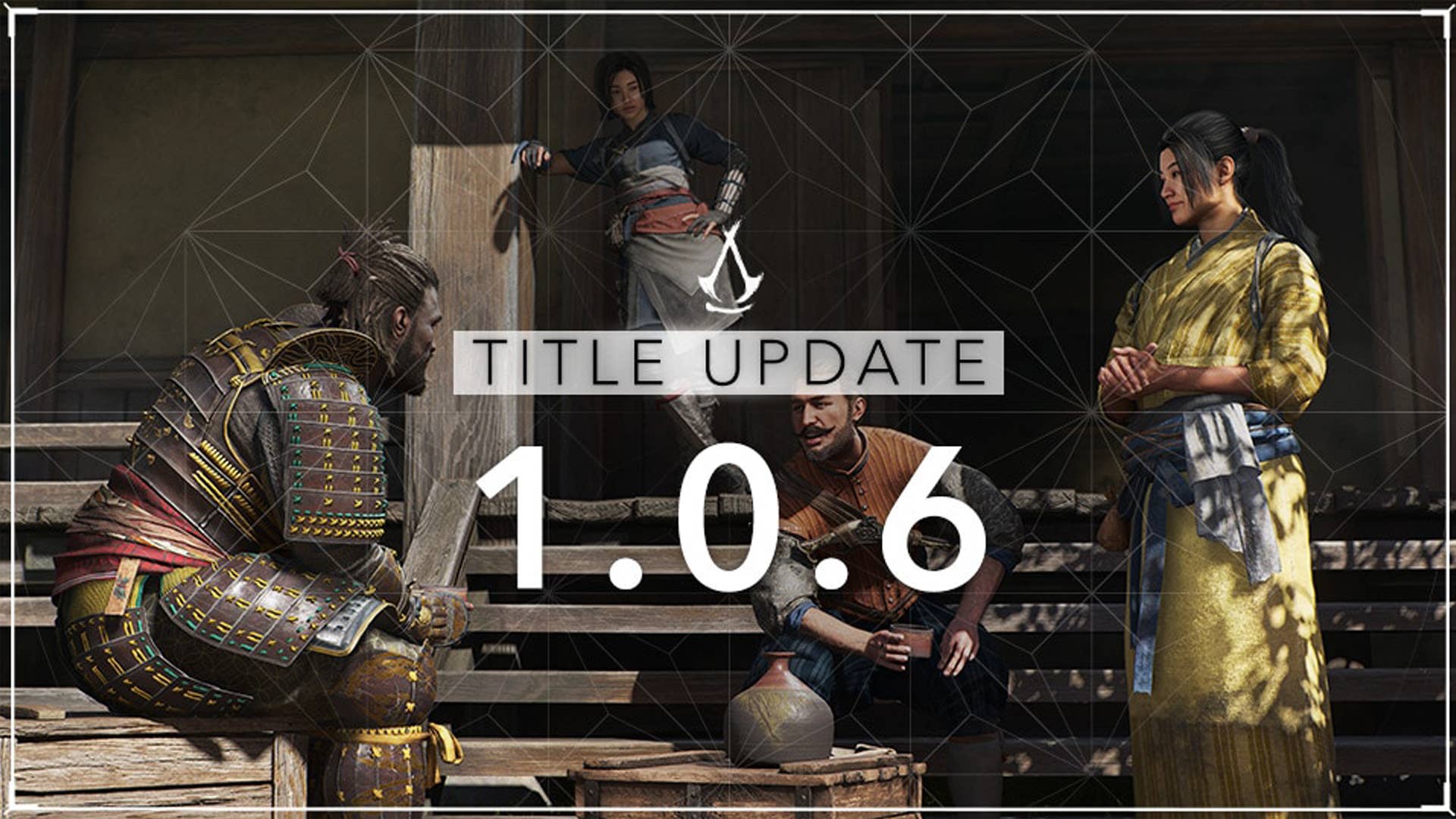
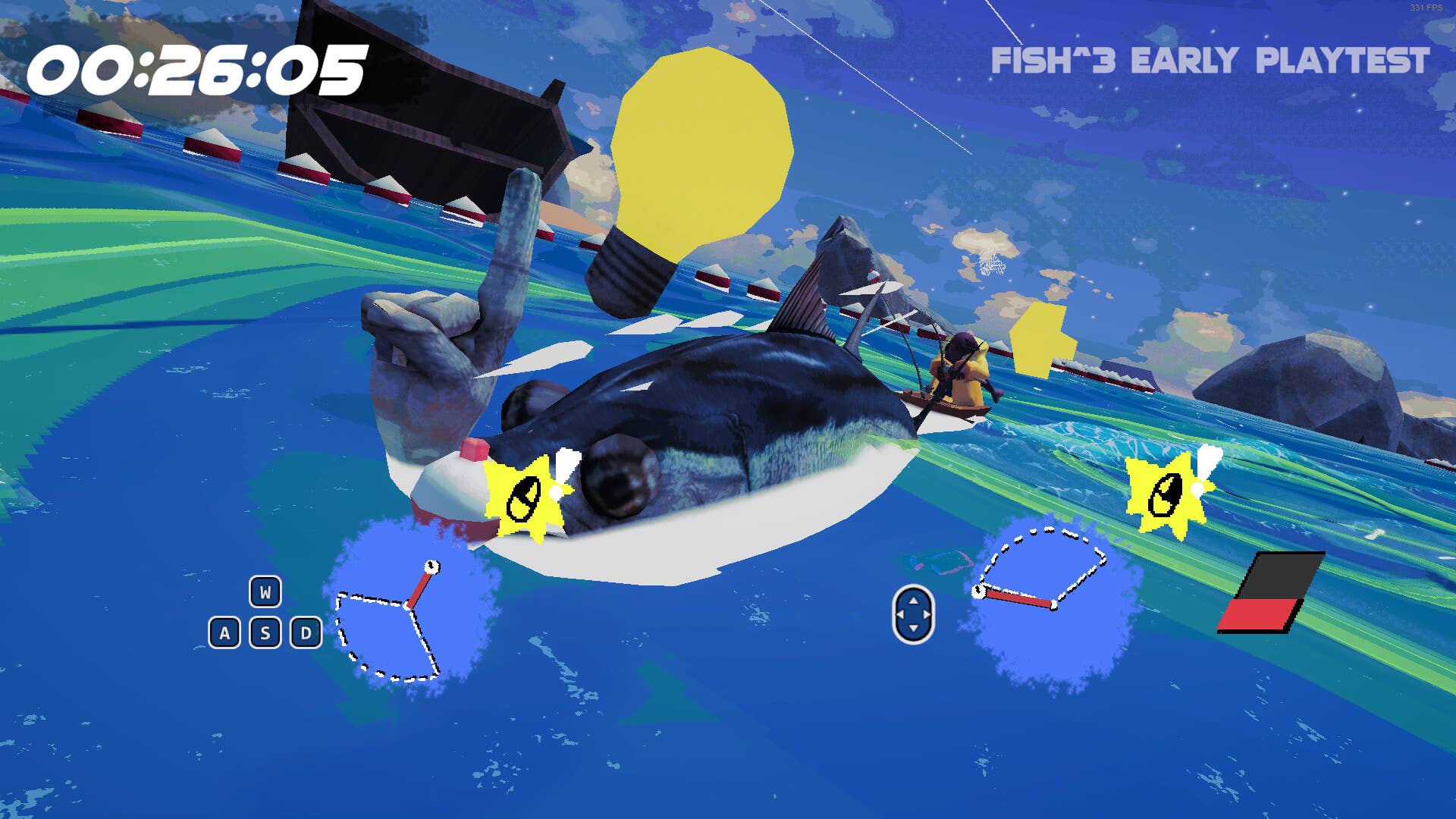
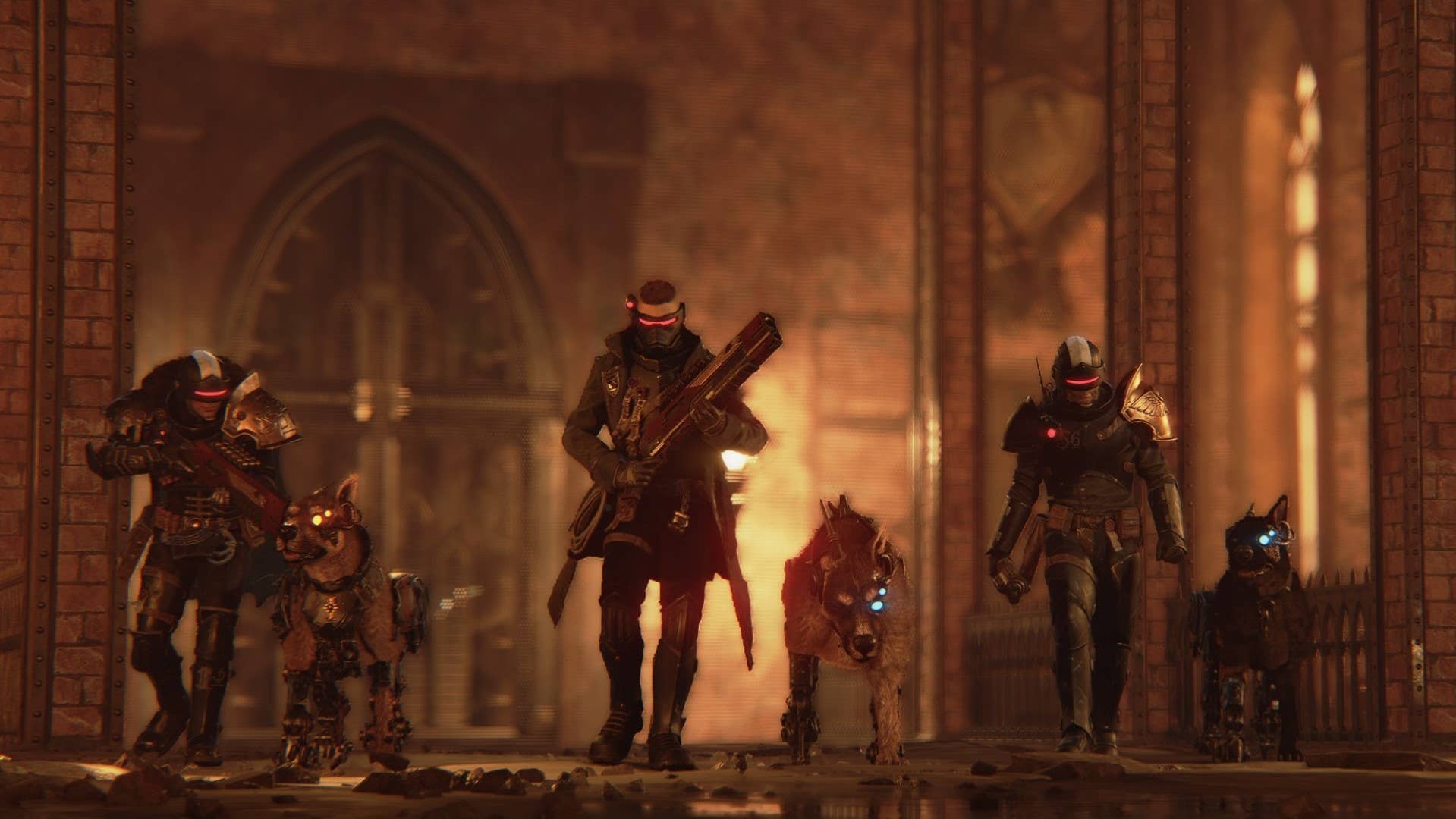
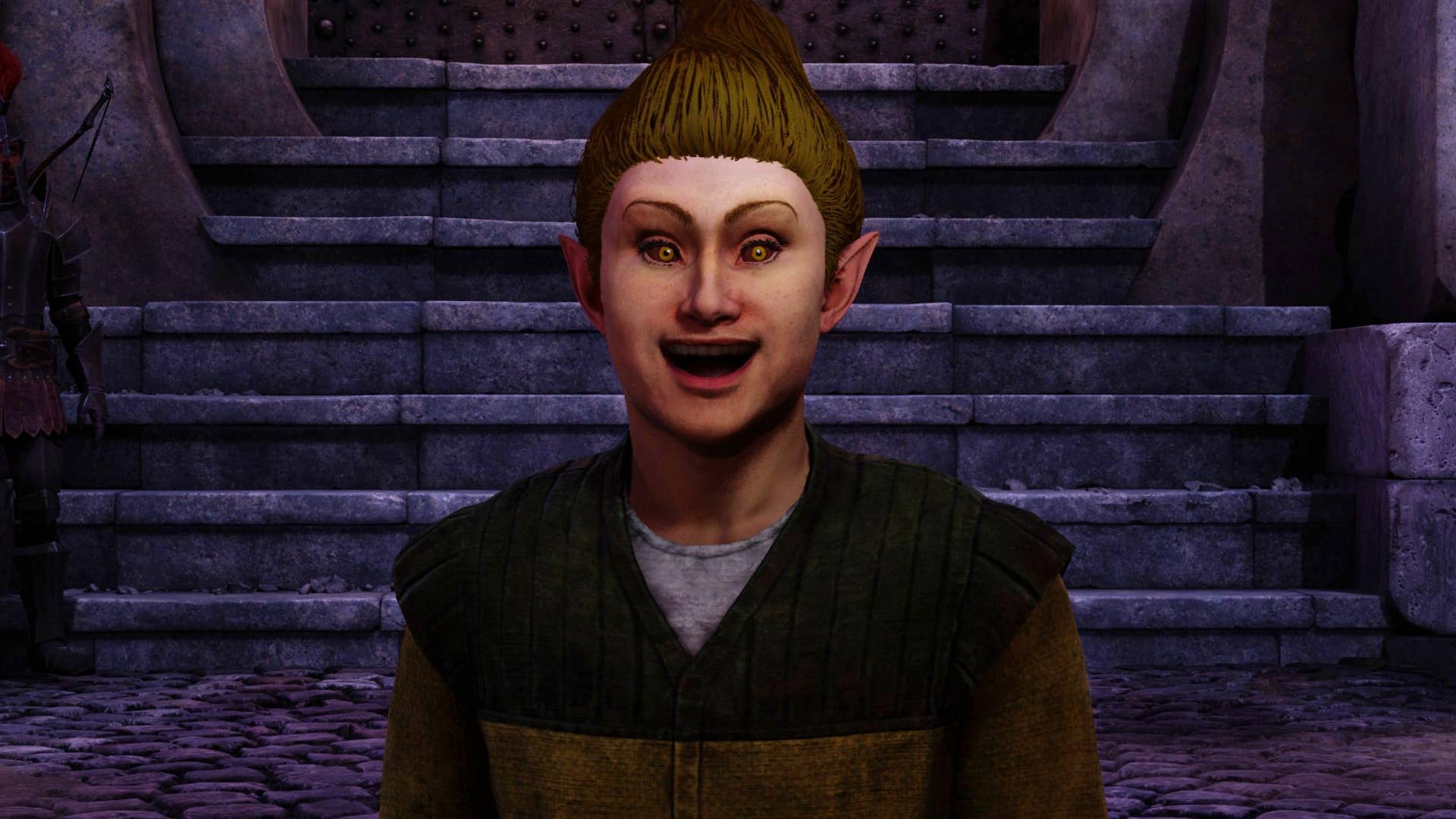




![GrandChase tier list of the best characters available [June 2025]](https://media.pocketgamer.com/artwork/na-33057-1637756796/grandchase-ios-android-3rd-anniversary.jpg?#)















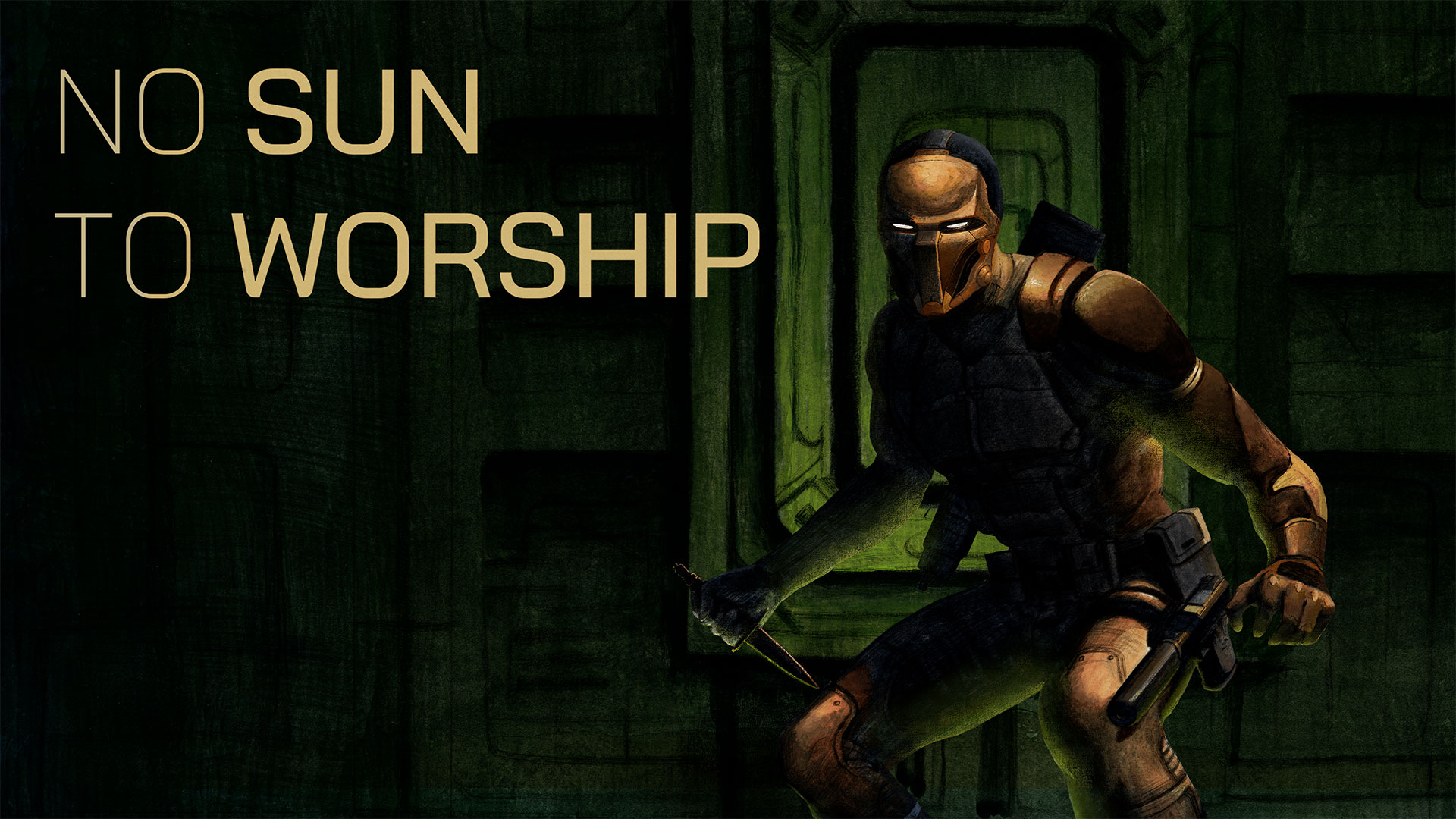


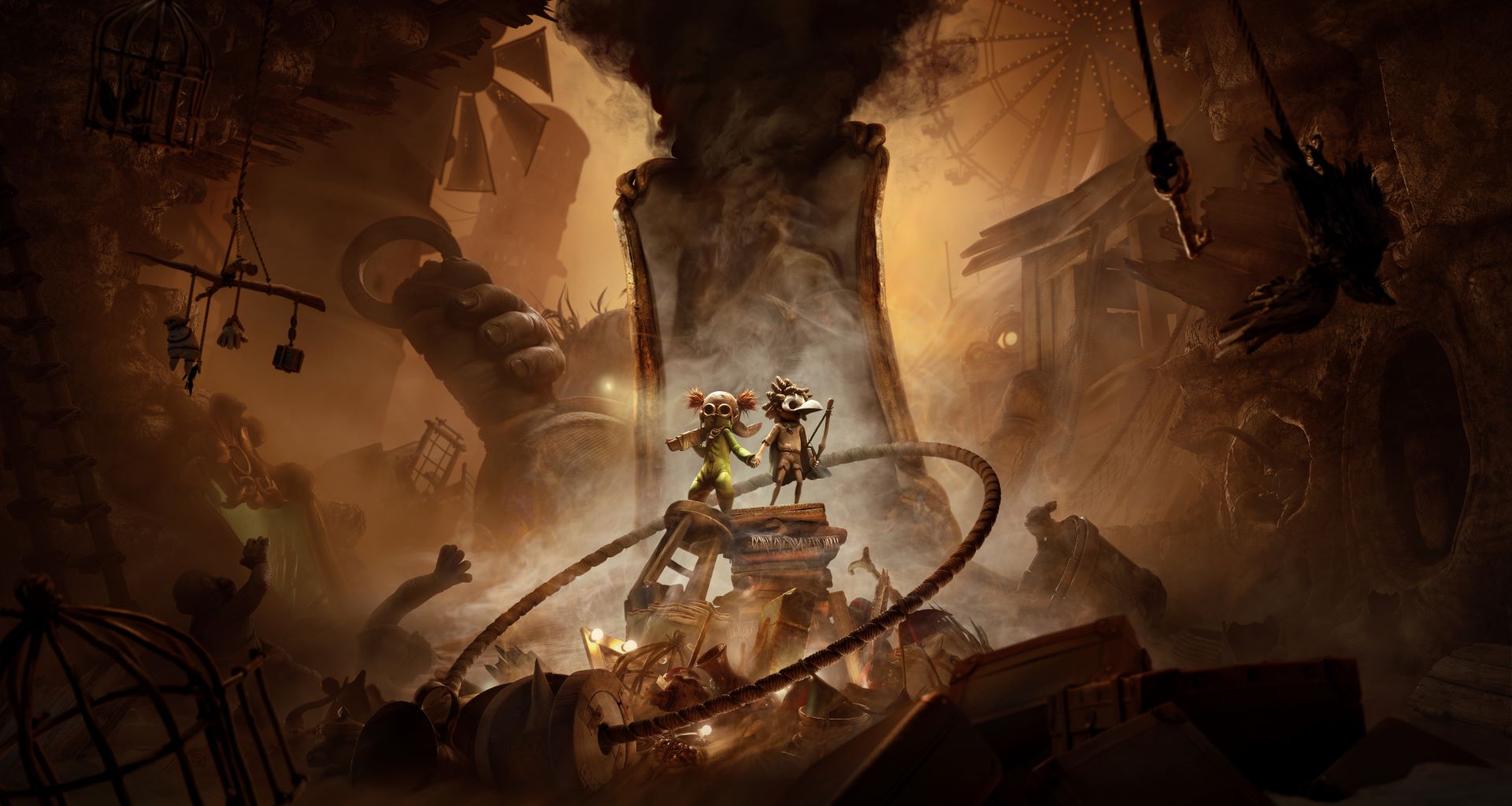





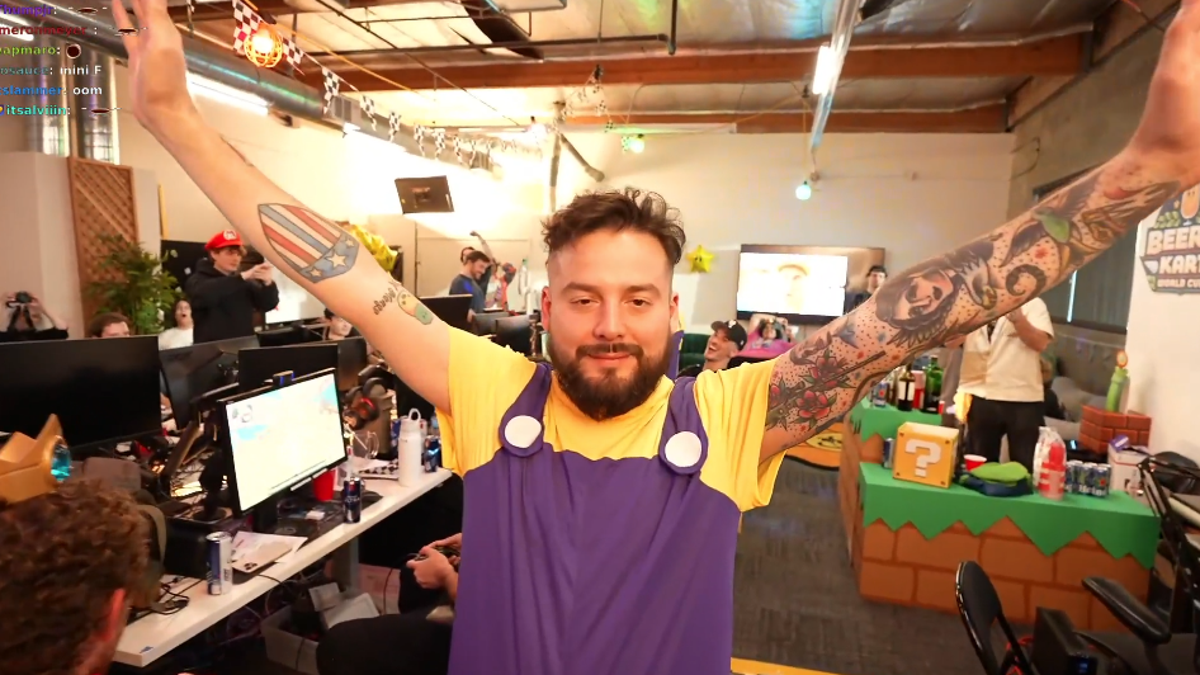
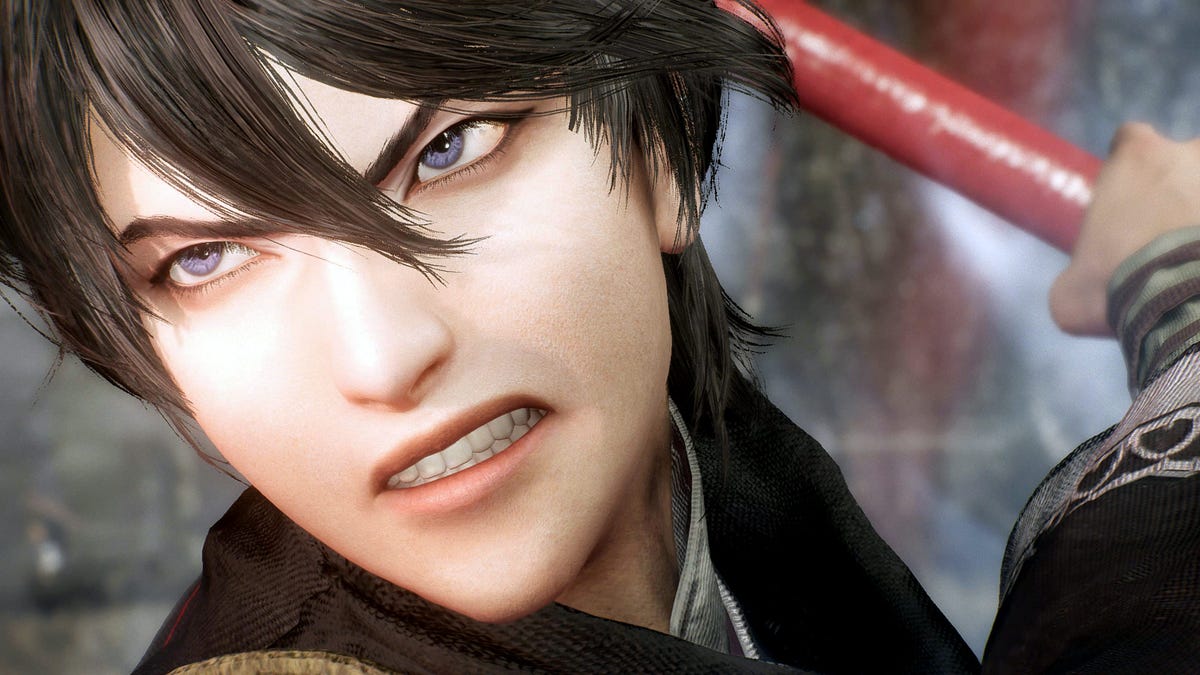



















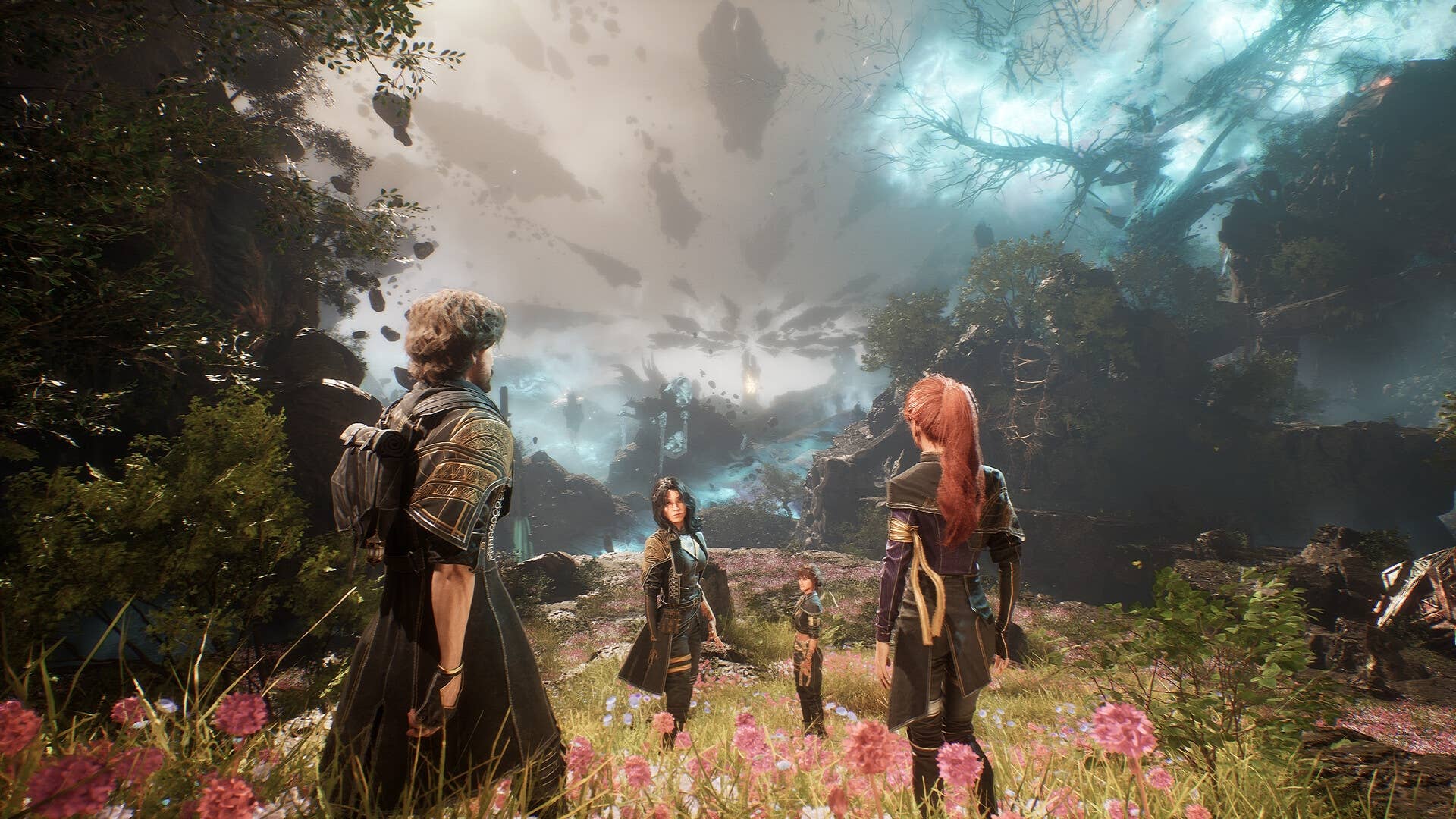










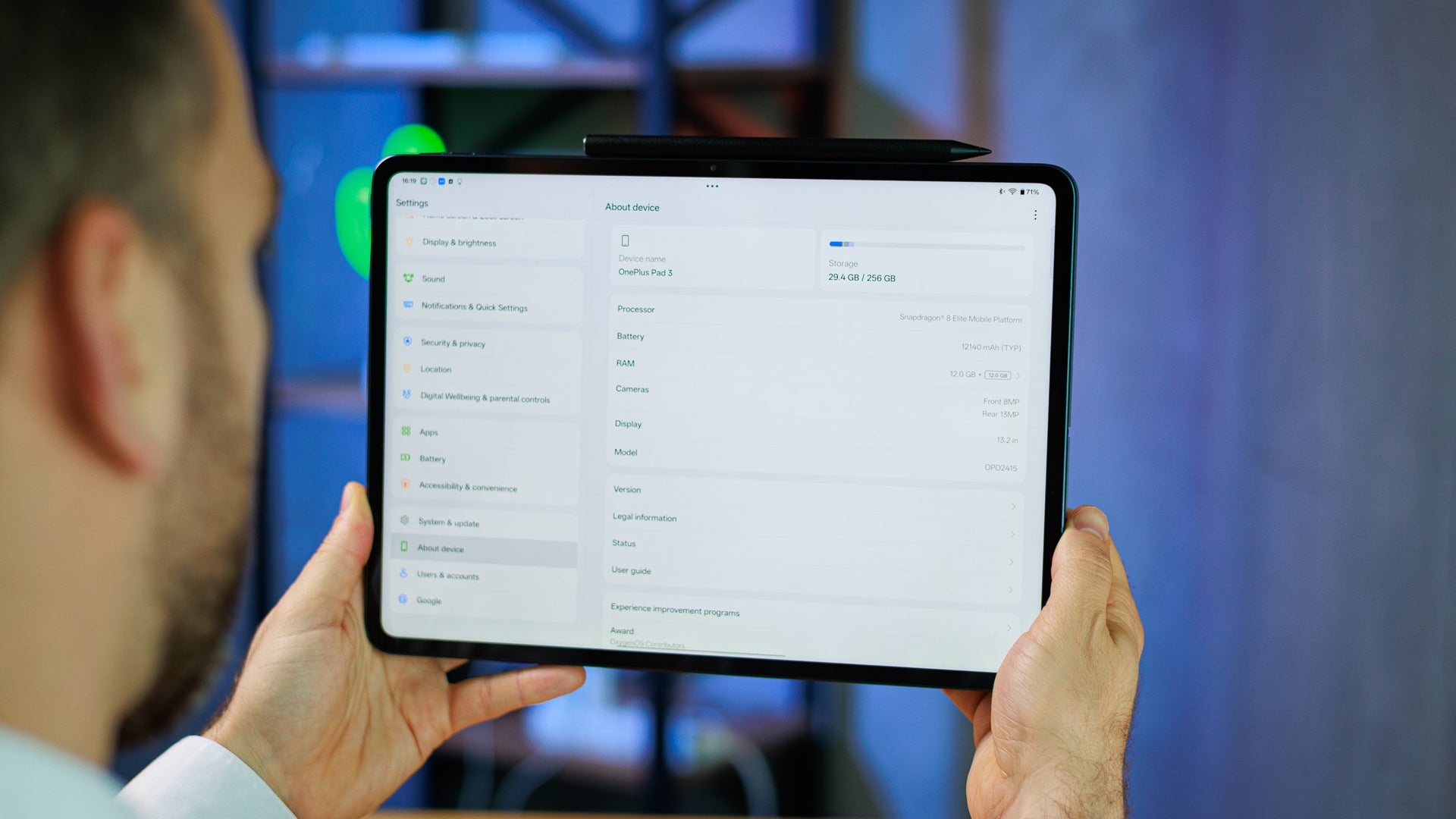










_peter_kovac_alamy.jpg?width=1280&auto=webp&quality=80&disable=upscale#)











































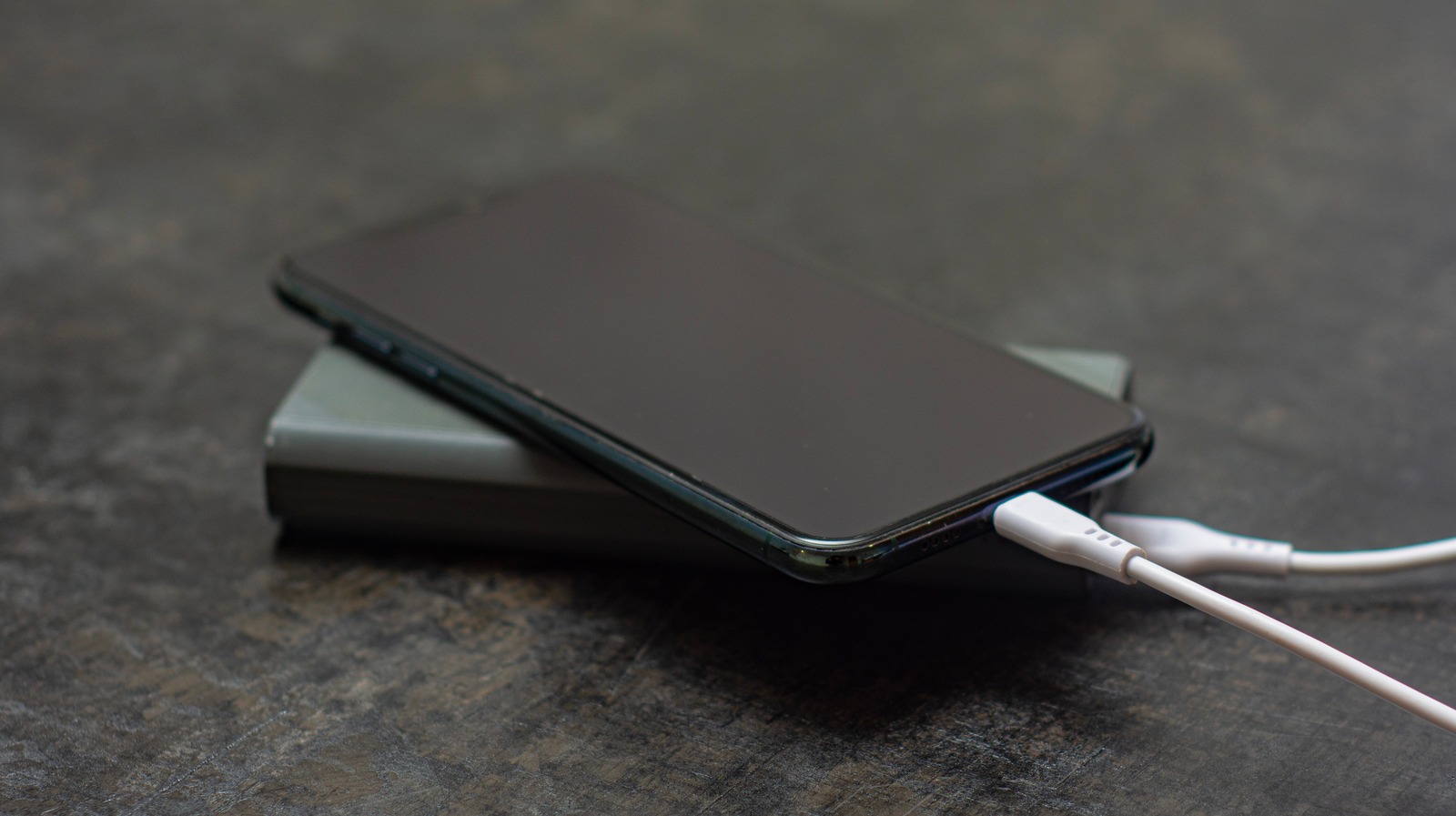














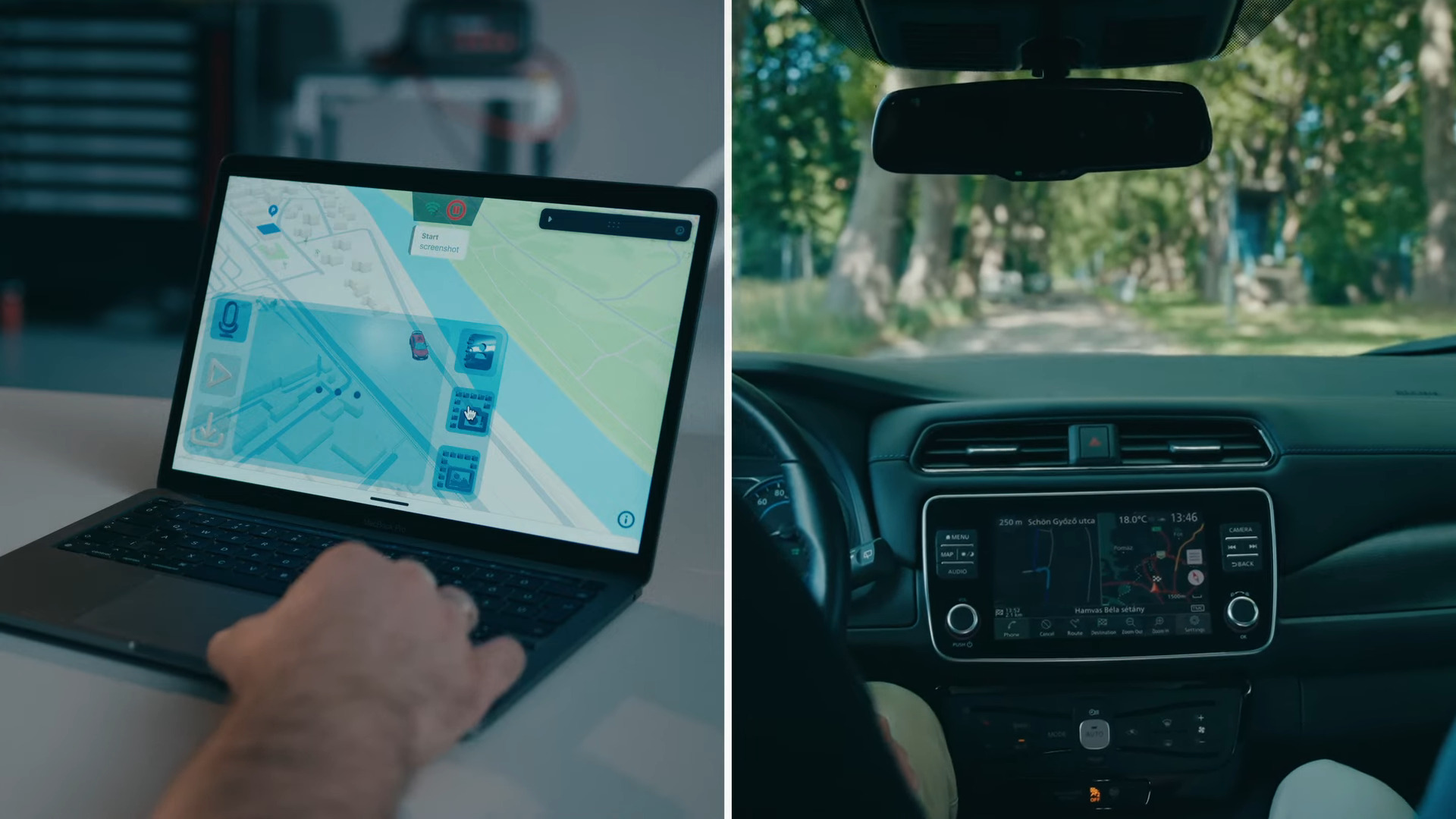





















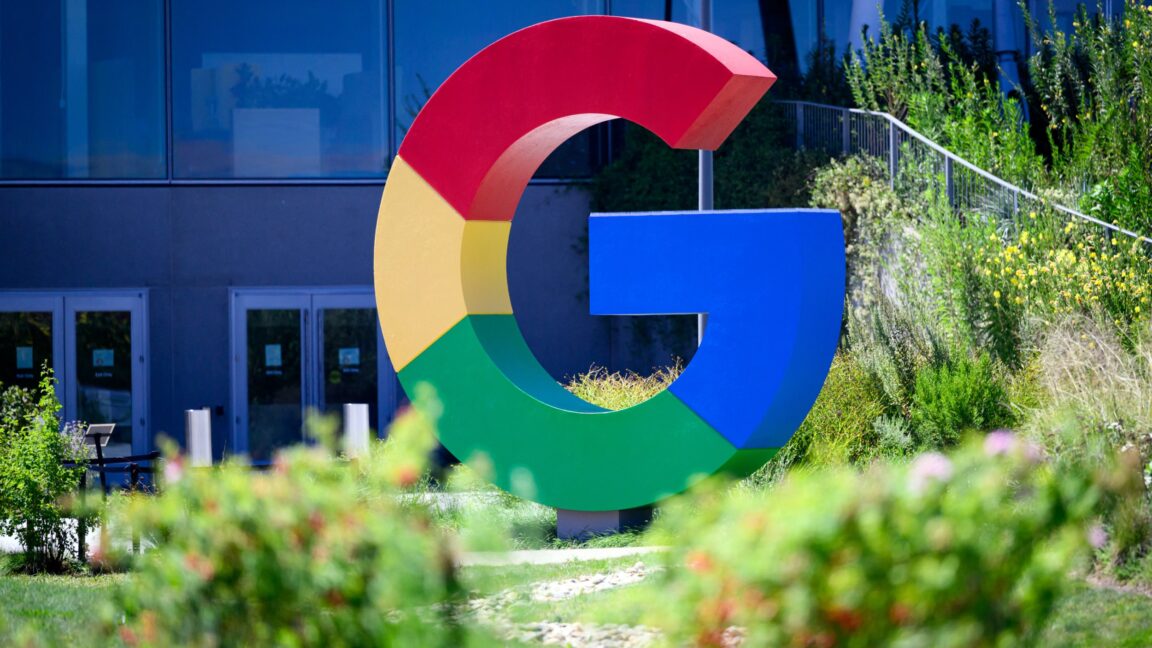
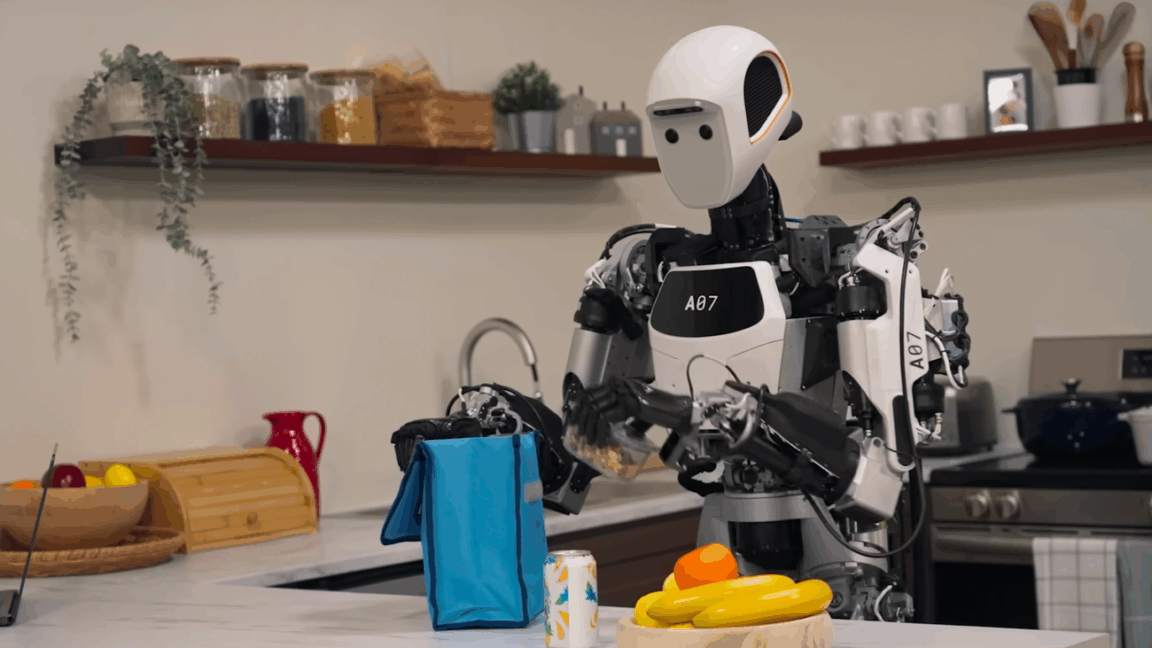



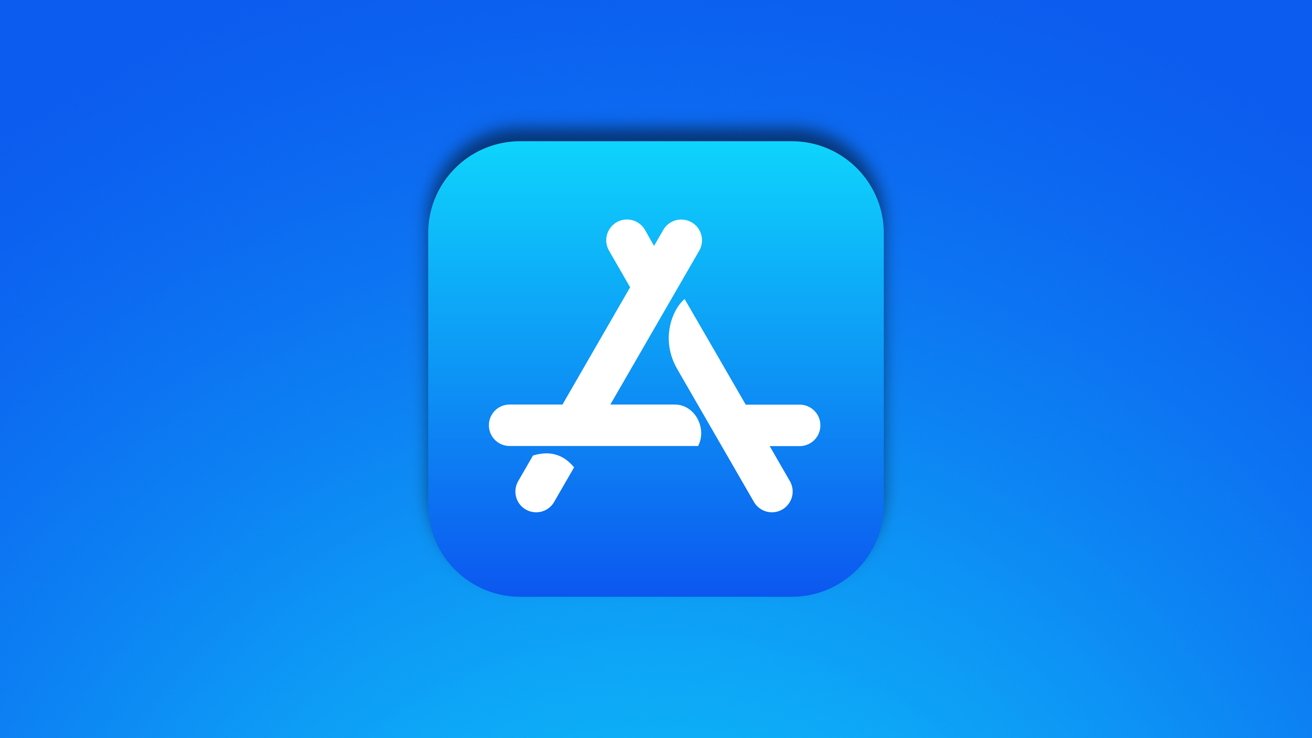
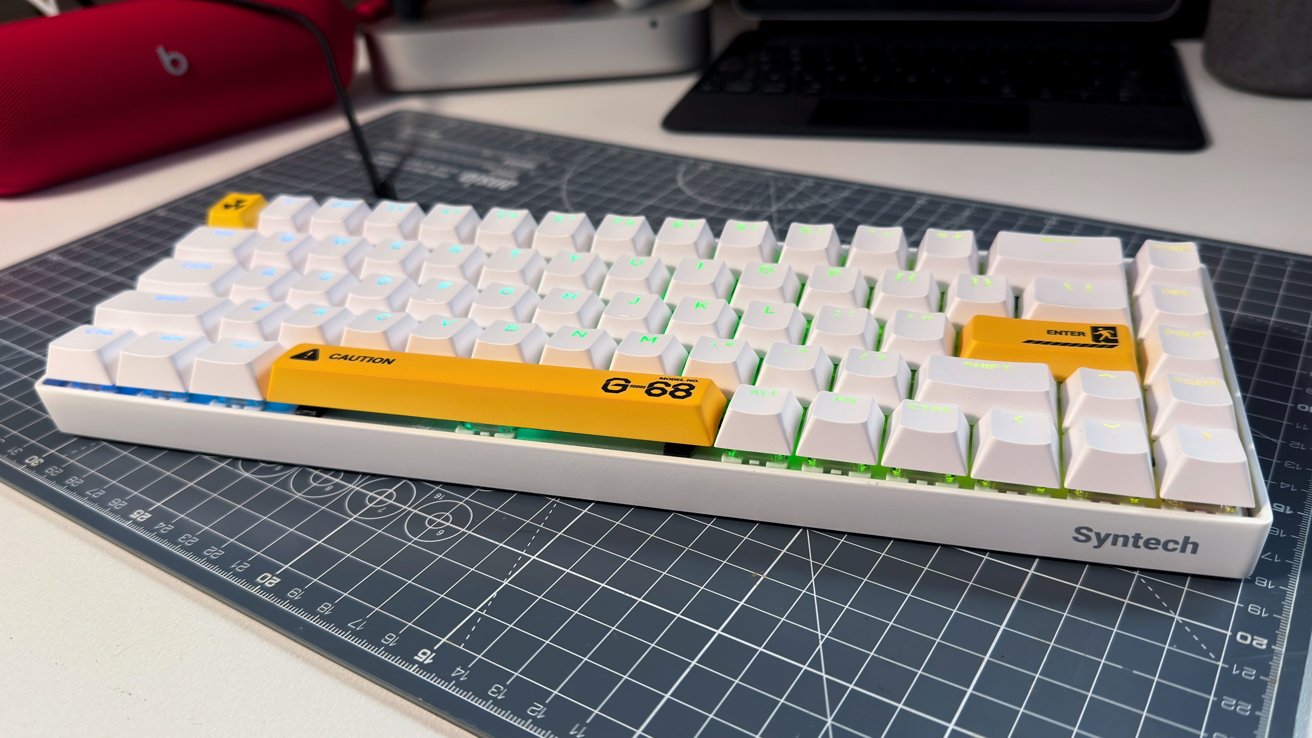






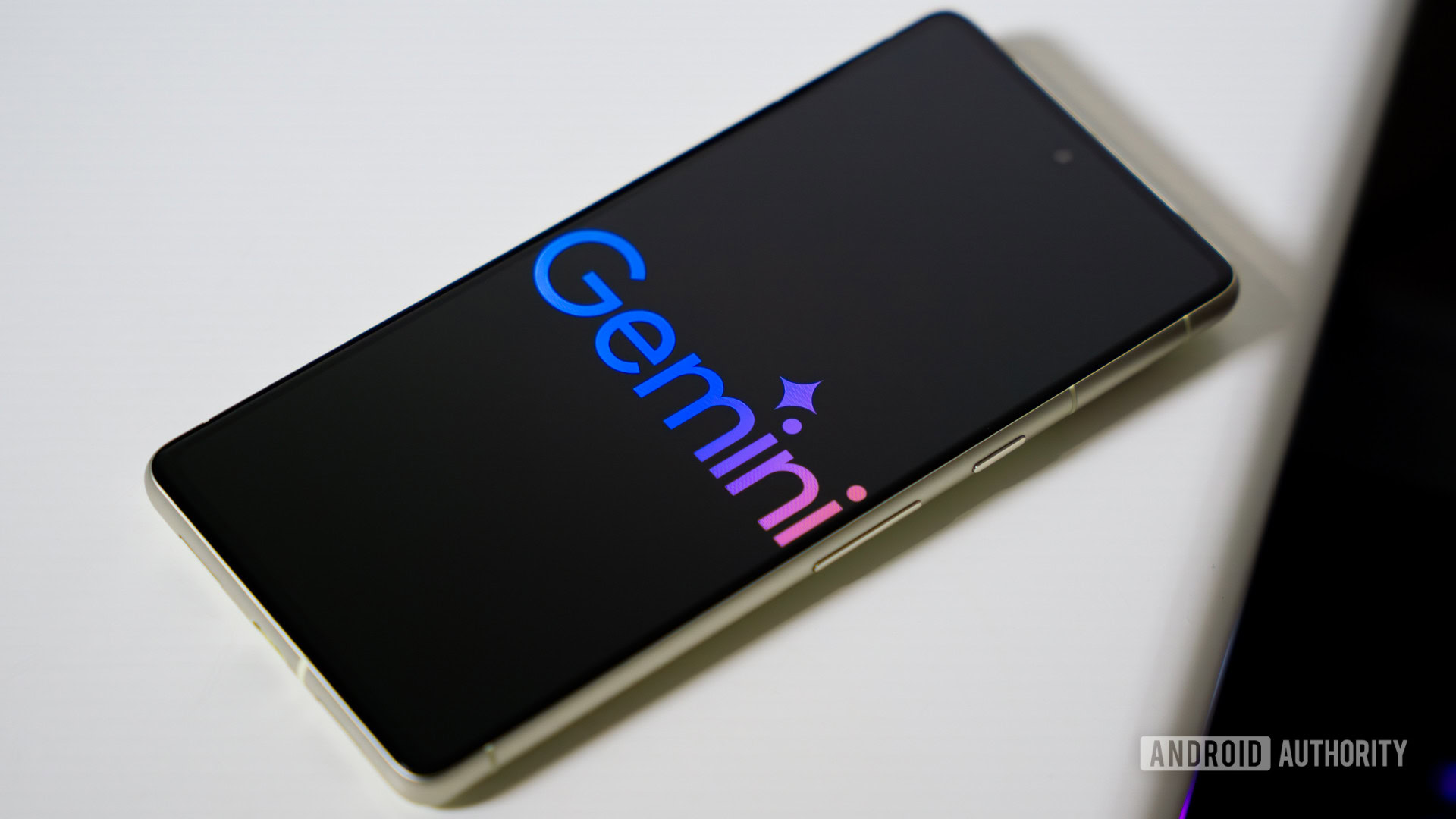




















![Apple Considers LX Semicon and LG Innotek Components for iPad OLED Displays [Report]](https://www.iclarified.com/images/news/97699/97699/97699-640.jpg)


![Apple Releases New Beta Firmware for AirPods Pro 2 and AirPods 4 [8A293c]](https://www.iclarified.com/images/news/97704/97704/97704-640.jpg)
















